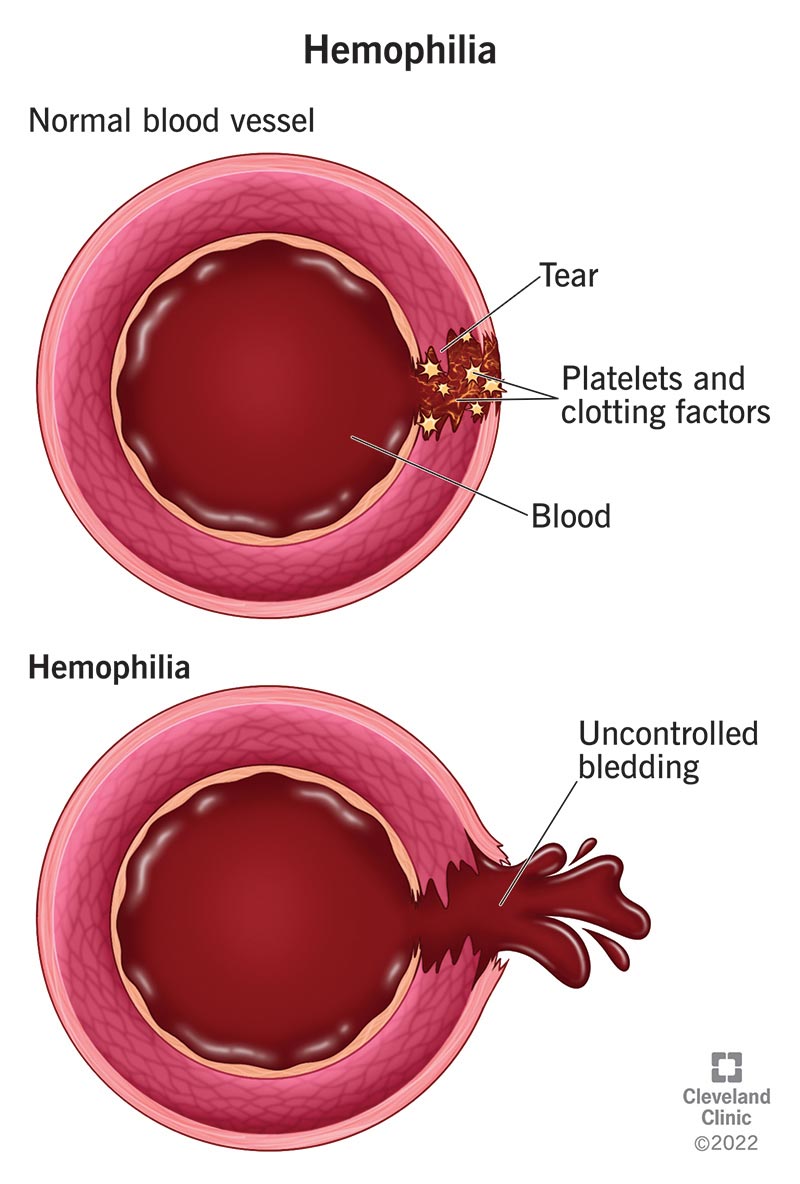A 78-year-old patient comes to the clinic with complaints of difficulty seeing faces and reading small print. The patient is diagnosed with macular degeneration. Which of the following interventions should the nurse prioritize to help manage the patient’s condition?
Advise the patient to increase their screen time to exercise their eye muscles.
Encourage the patient to quit smoking to slow the progression of the disease.
Suggest the patient avoid all physical activities to prevent further eye damage.
Inform the patient to reduce their water intake to prevent fluid accumulation in the eyes.
The Correct Answer is B
Choice A Reason:
Advising the patient to increase their screen time to exercise their eye muscles is not appropriate for managing macular degeneration. Increased screen time can cause eye strain and does not benefit the condition. Instead, patients should be encouraged to engage in activities that do not exacerbate eye strain.
Choice B Reason:
Encouraging the patient to quit smoking is a crucial intervention for managing macular degeneration. Smoking is a significant risk factor for the progression of macular degeneration. Quitting smoking can help slow the progression of the disease and improve overall eye health. This intervention addresses a modifiable risk factor and can have a positive impact on the patient’s condition.
Choice C Reason:
Suggesting the patient avoid all physical activities to prevent further eye damage is not necessary for managing macular degeneration. Physical activity is important for overall health and does not directly impact the progression of macular degeneration. Patients should be encouraged to maintain a healthy lifestyle, including regular physical activity.
Choice D Reason:
Informing the patient to reduce their water intake to prevent fluid accumulation in the eyes is not relevant for managing macular degeneration. Adequate hydration is important for overall health, and there is no evidence to suggest that reducing water intake will benefit patients with macular degeneration. This advice could potentially lead to dehydration and other health issues.
Nursing Test Bank
Naxlex Comprehensive Predictor Exams
Related Questions
Correct Answer is A
Explanation
Choice A Reason:
Tilting the head to the side and pulling the earlobe up and back is the recommended method for adults to straighten the ear canal, allowing the drops to flow directly into the ear canal and reach the site of infection effectively. This method ensures that the medication is properly administered and can work effectively to treat the infection.
Choice B Reason:
Laying flat on your back and placing the drops on a cotton ball before inserting it into the ear canal is not a recommended method for administering ear drops. This method can prevent the medication from reaching the ear canal properly and may not be as effective in treating the infection. Additionally, using a cotton ball can absorb the medication, reducing its effectiveness.
Choice C Reason:
Tilting the head to the side and pulling the earlobe down and back is the correct method for administering ear drops to children under three years old. For adults, this method is not recommended as it does not straighten the ear canal properly, which can prevent the medication from reaching the site of infection effectively.
Choice D Reason:
Tilting the head forward and pulling the earlobe up and forward is not a recommended method for administering ear drops. This method does not properly straighten the ear canal and can prevent the medication from reaching the site of infection. It is important to follow the correct technique to ensure the medication is effective.
Correct Answer is C
Explanation
Choice A Reason:
Preparing the patient for immediate surgical intervention is not the first-line treatment for hemophilia-related joint bleeding. Surgery is considered only if there is severe damage or if conservative measures fail. Initial management focuses on controlling bleeding and reducing inflammation.
Choice B Reason:
Administering aspirin for pain relief is contraindicated in patients with hemophilia. Aspirin inhibits platelet function and can exacerbate bleeding. Alternative pain management strategies that do not affect clotting should be used.
Choice C Reason:
Applying ice to the affected knee and elevating the leg is the most appropriate initial intervention. Ice helps to reduce swelling and pain, while elevation minimizes blood flow to the area, helping to control bleeding. This conservative approach is crucial in managing acute hemarthrosis in hemophilia patients.
Choice D Reason:
Performing passive range of motion exercises on the affected knee is not recommended during the acute phase of hemarthrosis. Movement can increase bleeding and worsen the condition. Rest and immobilization are preferred until the bleeding is controlled.

Whether you are a student looking to ace your exams or a practicing nurse seeking to enhance your expertise , our nursing education contents will empower you with the confidence and competence to make a difference in the lives of patients and become a respected leader in the healthcare field.
Visit Naxlex, invest in your future and unlock endless possibilities with our unparalleled nursing education contents today
Report Wrong Answer on the Current Question
Do you disagree with the answer? If yes, what is your expected answer? Explain.
Kindly be descriptive with the issue you are facing.
